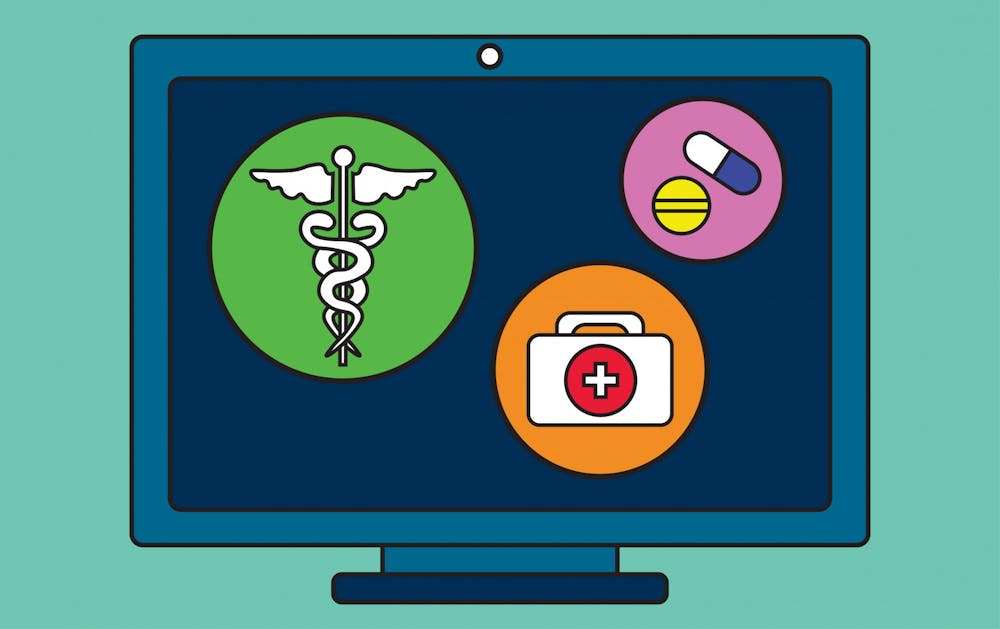In the wake of courses moving online for the remainder of the semester, ASU programs work to transition online to meet the new demand for remote services.
Among these are ASU Health Services, Counseling Services and the Center for Mindfulness, Compassion and Resilience, all of which are offering new remote services.
Health Services announced in a message through the student health portal on March 16 they would offer daytime telehealth appointments for students experiencing upper respiratory symptoms like fever, cough and cold, beginning March 16.
In these appointments, students may speak to healthcare providers via phone call, video chat or electronic messaging to have symptoms assessed, ask questions and be prescribed medication.
Telehealth appointments are available for students currently in the state of Arizona, and Health Services encourages students with upper respiratory symptoms to use telehealth as their primary means of care before seeking in-person treatment to control the spread of infection.
Health Services can swab students who have upper respiratory symptoms and are determined by healthcare professionals to meet criteria for COVID-19 testing. These swabs are sent to county or commercial labs to be tested, and results are sent back to healthcare providers to inform students.
Aaron Krasnow, associate vice president of ASU Counseling Services and Health Services, said the transition to telehealth has been successful so far, with as many as 70 out of the 100 available appointments used per day.
“There's sometimes an assumption that when things go to remote, that the care is worse,” Krasnow said. “The care might be a different modality, but it's still all the same people, and we work just as hard to make sure that anybody’s needs are met.”
He said although telehealth is a different format, it isn't particularly challenging for Health and Counseling Services to adapt to, as they had already been working on setting up telehealth and telecounseling before COVID-19 made it necessary.
Counseling Services now offers appointments remotely, through telephone or video-based care. Krasnow said remote care is not completely new to Counseling Services, as assessments of needs have been conducted over the phone for over five years.
“What we found is that (telecounseling) doesn't seem to affect anybody's engagement with us because if they're interested in doing it in private, they find a way to do that," Krasnow said. "We've had lots of students who engage with the counseling who have their roommates in the room or their parents behind them, and they don't seem to care."
The ASU Center for Mindfulness, Compassion and Resilience also moved its services online shortly after University operations went remote.
Its new Caring and Connection initiative focuses on bringing students together to connect with themselves in a time of confusion as well as deepening community connection.
The initiative consists of “midday mindfulness sessions” streamed weekdays from noon to 1 p.m. on YouTube. Each session focuses on a different topic and has a guided meditation portion. Some previous topics include “Transcending Loneliness,” and “It’s Okay to Be Okay.”




